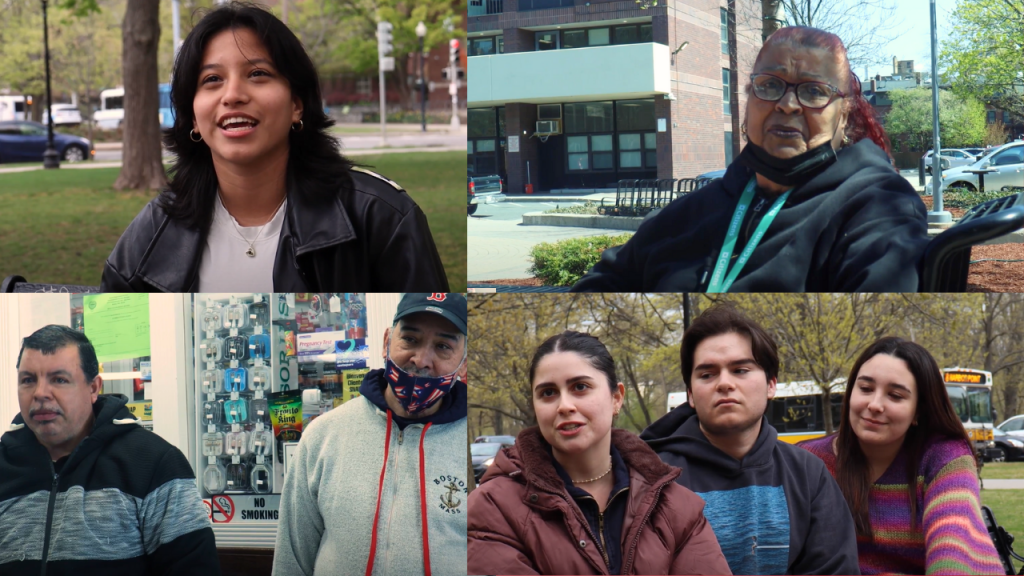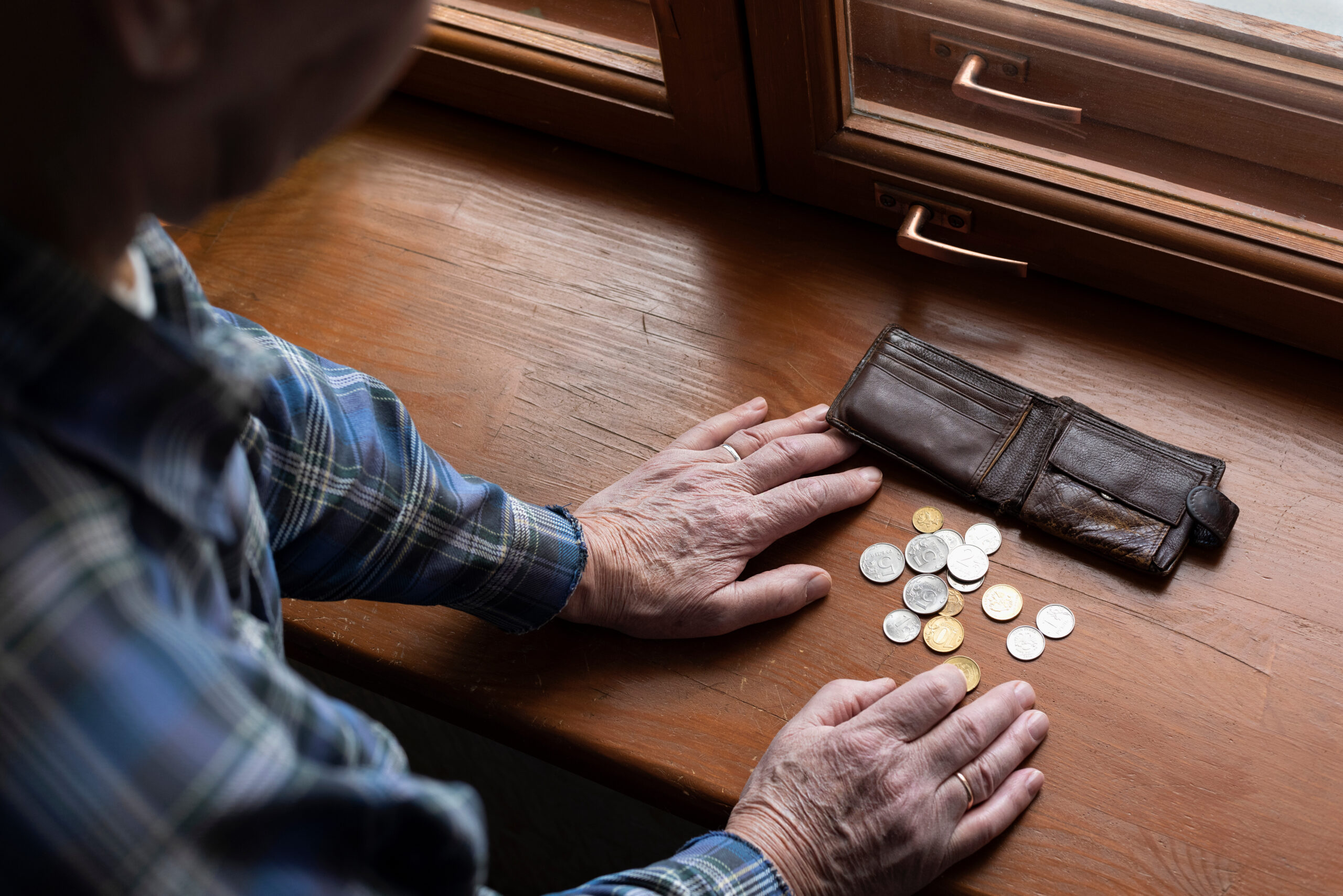BOSTON—Earlier this year, the Biden administration sparked a national and reflective conversation after it proposed to rephrase Hispanic as a race on the U.S. Census. Latinos have been split over their support for the controversial change.
In the 2020 U.S. Census, over 43 percent of Hispanics either marked the “some other race” box or simply did not respond to the form’s question on race. For decades, many Latinos have struggled to answer questions about race when Hispanic or Latino wasn’t an option. A longstanding sense of confusion and exclusion had led to inaccurate data on the state’s diverse populations.
Currently, the form first asks for a participant’s ethnicity—if they identify as Hispanic—and then separately asks them to select a race, which does not include a Hispanic/Latino option. This follow-up question has long-confused many Hispanic/Latinos across the country.
An interagency group that works with the U.S. Office of Management and Budget has proposed to combine those two questions to be “What is your race or ethnicity?” The Hispanic/Latino category would also include a sub-question for respondents to check off their country of origin.
The White House’s Office of Management and Budget accepted public comment on the proposal this spring and looks to make a decision next year.
So, what does it mean to be Hispanic/Latino?
Boston University student reporters Annika Chaves and Esmeralda Moran set out to create a multimedia project by asking Latinos in Boston that very question — one that is personal for the two reporters.
For Moran, who is from the Dominican Republic, it’s the comfort she gets from her maternal grandmother’s cooking and their special moments watching telenovelas. For Chaves, who hails from Colombia, it’s being part of a larger immigrant community who left their home for the U.S. so she could get a better life.
From Puerto Rico to Bolivia, being Latino means something unique for everyone.
This report was published in collaboration with the Boston University School of Communications School of Journalism. The journalism student is a member of a Reporting in Depth class taught by former Boston Globe reporter Meghan Irons.




